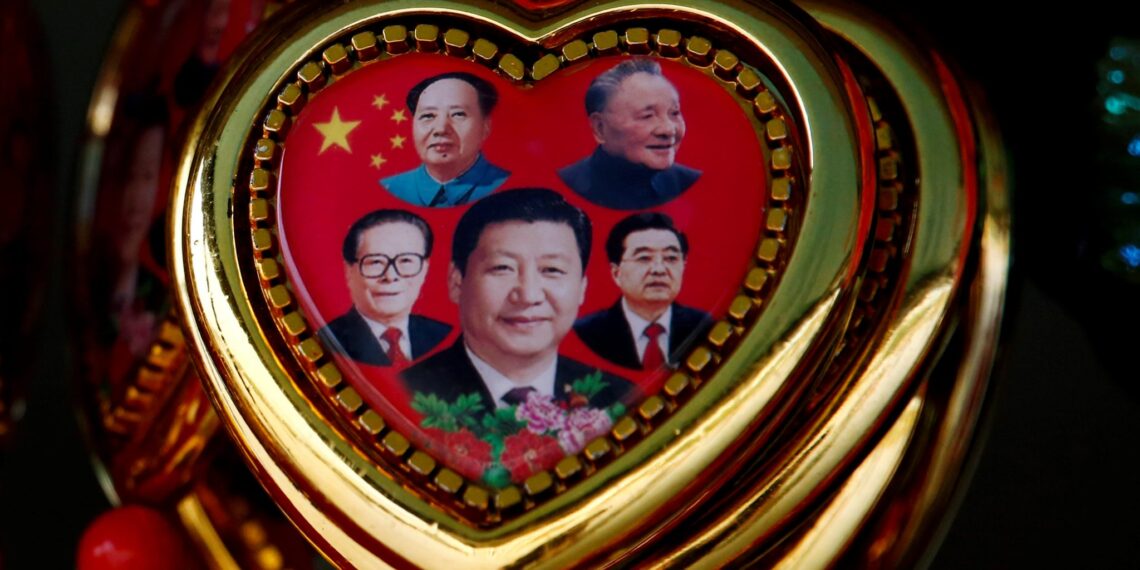No products in the basket.
China‘s geopolitical actions are driven by domestic interests, not a grand plan, manifested in incoherent international engagements. Misconceptions persist.
Complex Domestic Political Economy
When analyzing China’s interactions with the world, it is crucial to consider the clash among domestic economic and political interests rather than attributing everything to a grand geopolitical masterplan. Despite Xi Jinping’s attempts to consolidate control, remnants of ‘fragmented authoritarianism’ still persist, shaping China’s policymaking landscape.
Role of China as a Creditor
China has emerged as a major creditor, especially through initiatives like the Belt and Road, influencing global finances. However, in response to the COVID-19 crisis, China’s reluctance to provide concessions to financially stressed countries is deeply rooted in the structural incentives for its policy banks, leading to a complex negotiation dynamic.
Nuanced Interpretations of China
Critical analyses like those presented by Shahar Hameiri challenge oversimplified narratives around China’s behavior, offering a more nuanced understanding of its motivations and actions on the global stage. The idea of ‘China as a monolith’ obscures the diverse array of institutions and interests at play within the country, urging for more sophisticated interpretations.
Importance of Understanding China’s Complexity
Developing a deeper comprehension of China’s domestic institutional landscape, particularly the role of subnational governments and state capitalism, is crucial for Western entities seeking to engage with China effectively. Investment in expertise on China’s government, politics, and economy is essential for navigating China’s evolving global role in the future.
Read original article here : The fallacy of China as a policy-monolith
Discover more from Thailand Business News
Subscribe to get the latest posts sent to your email.












